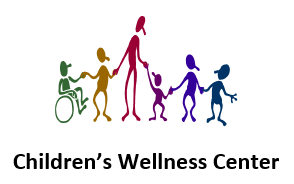What is Asthma?
Asthma is a chronic inflammatory disease that affects the lungs. Asthma causes inflammation in the lungs and narrows the airways. Symptoms include shortness of breath, wheezing, chest tightness, and coughing. Symptoms are often worse at night and in the early morning or in response to exercise or cold air.
What Causes Asthma?
No one really knows what causes asthma, but people who have another allergic condition such as allergic rhinitis (hay fever) or atopic dermatitis (eczema) or who have a relative with asthma are at higher risk for having asthma themselves. Other risk factors for asthma are obesity and exposure to secondhand smoke.
Many factors can trigger asthma. Respiratory infections such as colds, flu, sore throats, and sinus infections are the number one asthma trigger in children. Allergies with asthma are also a common problem. Eighty percent of people with asthma have allergies to airborne substances such as tree, grass, and weed pollens, mold, animal dander, dust mites, and cockroach particles. Exposure to these allergens can make their asthma symptoms worse. Exercise-induced asthma is a form of asthma that is triggered by over exertion. Weather and smoke exposure can also affect people with asthma.
In the United States asthma is the leading cause of pediatric hospital admission. Asthma affects more than 25 million people in the U.S.
How Is Asthma Treated And Controlled?
Unfortunately, there is nothing you or your doctor can do to prevent your children from developing asthma. There are ways to prevent and treat the symptoms of asthma. There are controller medicines that can help stop symptoms from developing in the first place and reliever medications that can treat symptoms when they do happen.
Your doctor will consider and monitor many factors when deciding the best treatment plan for your child. She will then monitor your child’s asthma with regular follow-up appointments. She will adjust the dose or medicine as needed. It is best to work with your doctor to have an asthma action plan. This plan will include information specific to your child about what to do when your child is well and what to do if they have symptoms. With proper treatment and management people with asthma can participate safely in sports and other activities and achieve their full potential.

